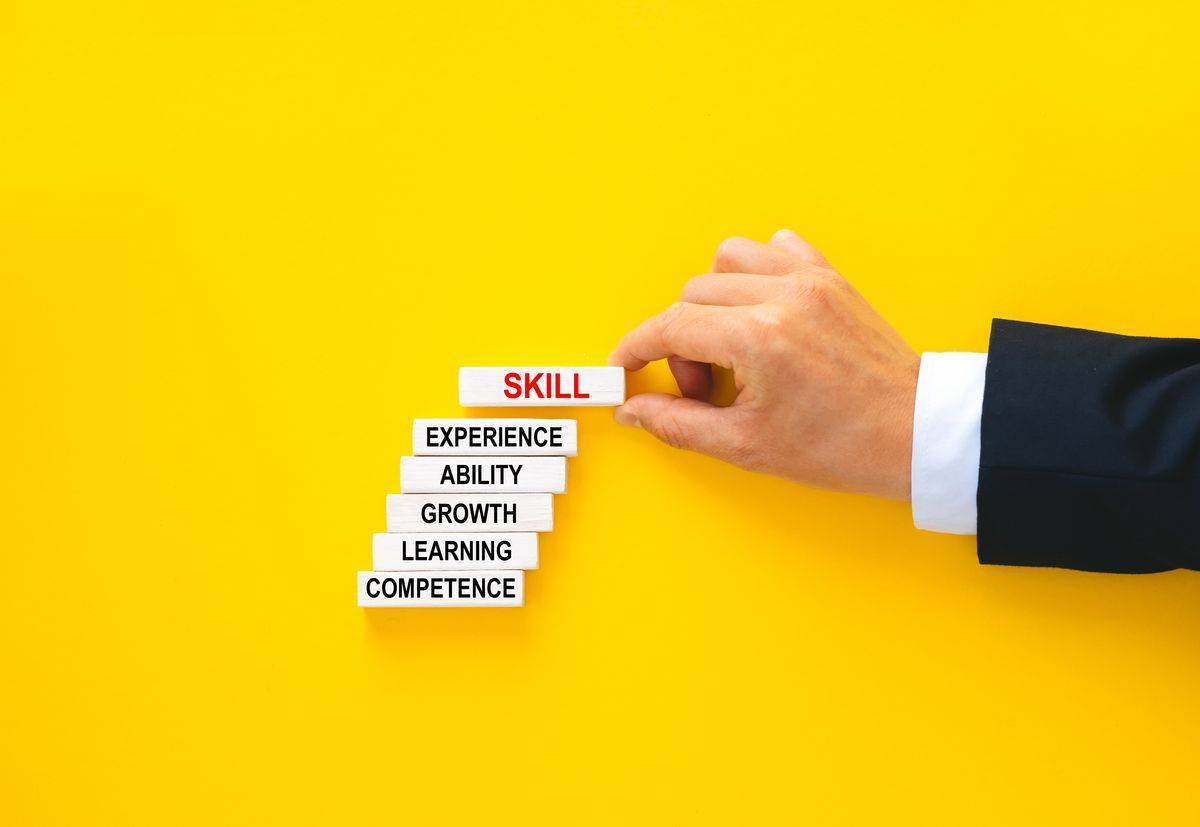Life-long students know the value of “collecting” and embracing good skills. Some of these skills require a long-term time investment on the part of the student, they take time to learn and need to be regularly upgraded. Some skills however are so valuable that they have an immediate positive impact and a lifespan with no expiry date. Since many of our skills faced expiry challenges over COVID, meta-skills have become a hot topic. Being a specialist used to be the best strategy but there is growing consensus that the future belongs to people who can adapt fast and intelligently across a wide range of situations.
What are meta-skills?
Meta-skills are the building blocks upon which new, complex skills are based. Meta-skills are broad capabilities that help you to develop other skills and can be applied across a wide variety of domains. They are high-leverage skills.
Saunders et al provide some clarification on what they are and give examples of meta-skills. These include comprehending and synthesising complex materials; effective communication; technological literacy; strong ethics; metacognition; critical problem solving; and motivated self-regulation. Muukkonen and Lakkala add that strategy generation and the confidence to deal with difficult novel situations are also meta-skills. Moore contributes that meta-skills are “[t]he skills of knowing how to access, glean, select, review, and integrate [learning] content into valuable personal knowledge”.
Overall, meta-skills are harder to define - and therefore intentionally learn about, than many other skills. For example, looking for a course on “the confidence to deal with novel circumstances” may not generate the search results you’d expect.
There is a flurry of activity by people determined to create a definitive list of meta-skills. Lists include coachability, reflection, gratitude, learning to trust, etc.
Learning is a perfect example of a meta-skill. I can learn about finance and that is valuable. Learning how to learn and to build and create knowledge allows me to learn throughout my financial career which is even more valuable. I can build a new habit that allows me to start exercising. Or I can learn the meta-skill which unlocks how to build habits and leverage this in multiple areas of my life.
Future skills
While specific technical skills are undoubtedly useful within their contexts, meta-skills remain applicable regardless of context. That is partly what makes them “meta”. Recently, several learning and development thought leaders have proposed that meta-skills are essential for the development of future skills and may even be considered future skills. They are context-free and will not expire – two key ingredients for future-proofing our skills sets.
How to develop meta-skills
Meta-skills can germinate naturally through the acquisition of more focused skills and knowledge building. In fact, you may not have realised that you were learning them. Through exposure to different experiences and forms of learning, you will have developed meta-skills over the course of your lifetime.
Intentionally developing and honing meta-skills however, means becoming aware of the importance of these skills and making a commitment to enhancing them. Adaptive problem solving is a core meta-capability that is highly sought after given the uncertainty facing most organisations. Sensemaking and collaboration that leverage a team’s collective intelligence seem more relevant than ever.
Interesting for learning providers, Moore distinguishes that meta-skills come about through encouraging students to act independently. He makes the key observation that a controlled level of “uncertainty” might help to cultivate fresh meta-skills. Essentially, students are given an incomplete map with an endpoint and several uncharted paths. Each path may have its dangers, so students would do well to communicate with each other to unearth more information. In charting these paths, students will be forced to bridge their scattered expertise and forge permanent meta-skills.
Conclusion
Future skills and meta-skills are symbiotic. This reciprocal relationship should be acknowledged by learning providers in order to equip students with the most robust skillset possible. Durable meta-skills make life-long learning accessible and are therefore worth highlighting and focusing on. Importantly, mastering meta-skills becomes achievable through learning and practice and they can be continually developed. In fact, they have to be intentionally learned, they don’t tend to occur naturally in abundance. As with many things, there’s a great difference between raw talent, acting intuitively, and a honed ability.
CPS has a range of future skills that are based on the development of meta-skills at various levels of complexity. While we may not focus on learning to trust and gratitude as meta-skills our focus on problem-solving, adaptiveness, sensemaking and empowering performance create high impact results for our clients. Contact us to find out more.


0 Comments